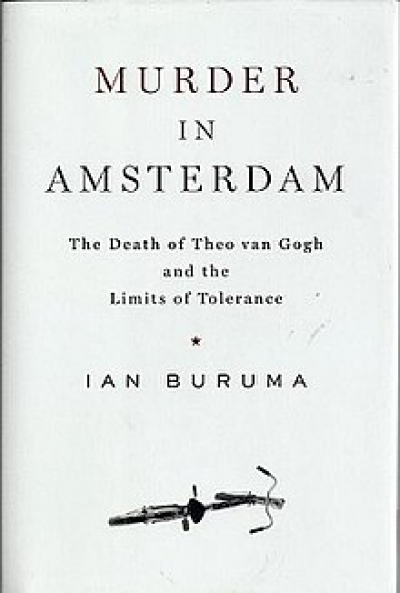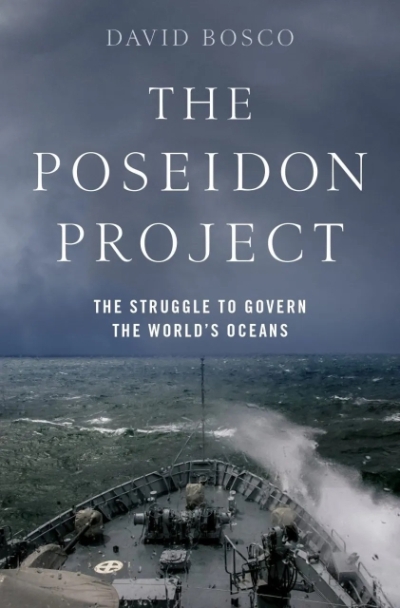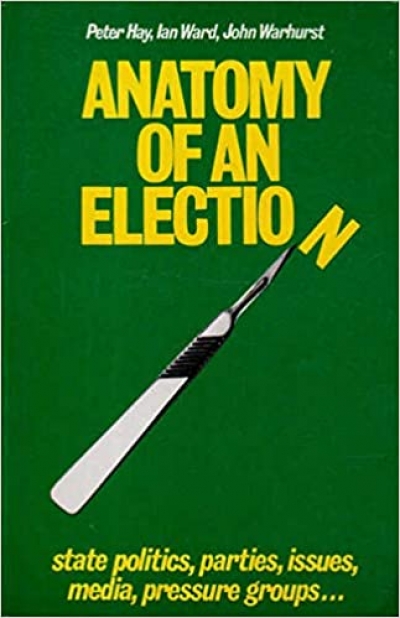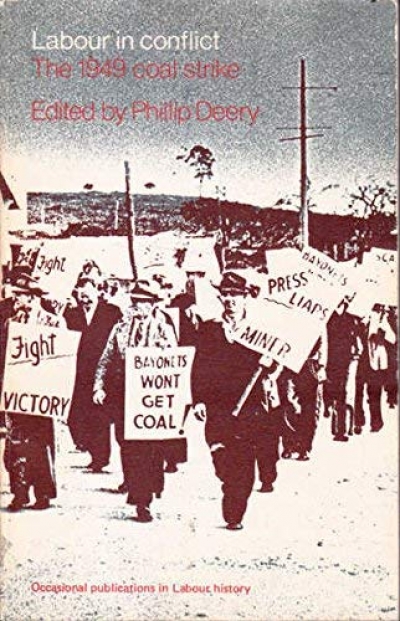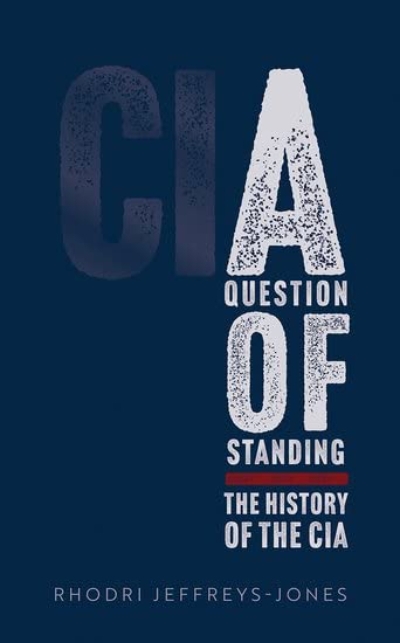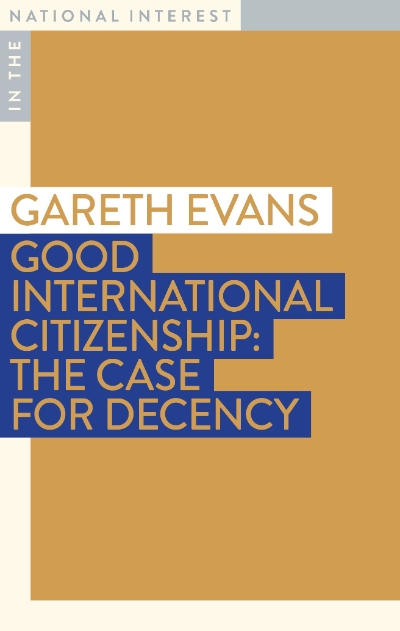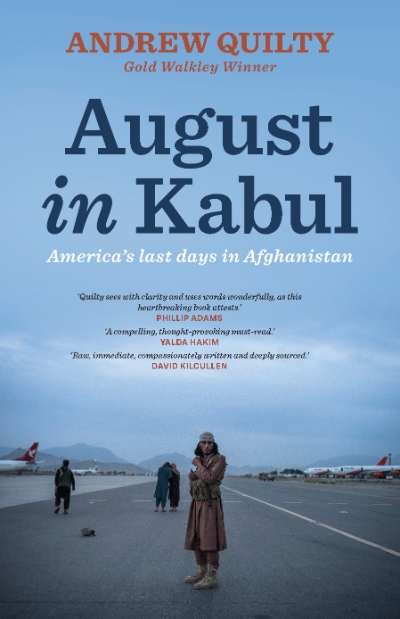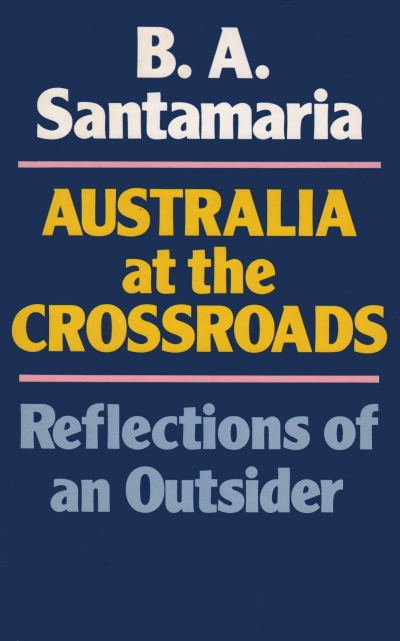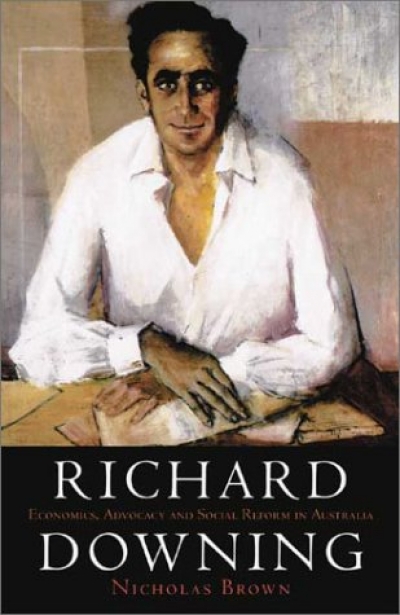Politics
Murder in Amsterdam by Ian Buruma & Infidel by Ayaan Hirsi Ali
Theo van Gogh, born into a celebrated family, made himself famous, and infamous, in the Netherlands for his outrageous opinions, such as accusing the Jewish lord mayor of Amsterdam, the son of Holocaust survivors, of being a Nazi sympathiser. According to Ian Buruma, the author of Murder in Amsterdam: The Death of Theo van Gogh and the Limits of Tolerance (2004), when van Gogh made the controversial film Submission with the Muslim activist turned politician Ayaan Hirsi Ali, Buruma thought that this would be seen as another of his national ‘village idiot’ gestures. There was no intention to draw more than imaginary blood. Van Gogh had lived his whole life secure in the knowledge that in the Netherlands he was onze Theo (our Theo), and that what he was free to deride because of Article 23 also protected him. But to Muslim fundamentalists, freedom of speech is anathema. God, and his representatives, decide what is and can be said. In this mindscape, this very freedom of speech, as espoused in the Netherlands, proves that the country is an infidel state.
... (read more)The Poseidon Project: The struggle to govern the world’s oceans by David Bosco
In early 2020, as the SARS-CoV-2 pandemic took hold, a special kind of viral hazard appeared upon the surface of the sea. Offshore from Sydney, Yokohama, San Francisco, and elsewhere loitered cruise liners turned floating hot spots. As they awaited permission to dock and disembark their passengers, the boats became an inadvertent exhibition of cruising-industry foibles. Behind sluggish and patchy Covid action plans, we learned, lurked other forms of misbehaviour, from grotesquely unscrupulous labour practices to systematic tax avoidance. The high seas, it seemed, really were wild.
... (read more)Anatomy of an Election edited by P.R. Hay, I. Ward, and John Warhurst
For many years there has been little study of politics and elections at the state level in Australia. It seems to have been assumed that only national politics is really important, and that voters made very little distinction between state and federal politics. Thus, the conventional wisdom on electoral behavior had it that voters reacted fairly predictably on the basis of their early political socialization and in response to a set of vague images of the parties which was generated largely at the national level and changed only slowly.
... (read more)Labour in Conflict: The 1949 coal strike edited by Phillip Deery
One of the great merits of Phillip Deery’s presentation is the way in which he shows the immediacy of the coal strike: its great significance in changing the lives of the miners and in transforming the political situation in New South Wales. It was a time of great bitterness, in which those who expected the interests of the Labor movement and the Labor Party to converge, considered themselves betrayed. Nor did the swiftness of the Chifley government in moving to crush the miners’ strike garner them any favour in the public’s eyes. The public considered the hardships brought about by the coal strike to be merely the latest in a series of events that seem destined to threaten their comfort and standard of living. The communists were blamed for the strike, probably unjustly, for although there were communists among the miners, the vast majority were non-communists with legitimate grievances against the mining companies.
... (read more)A Question of Standing: The history of the CIA by Rhodri Jeffreys-Jones
I was once subjected to a lecture by a Dublin taxi driver ‘on the extensive inequities of the Central Intelligence Agency’. Its every atrocity, in Southeast Asia, Latin America, and the Middle East, was relayed to me. It was an object lesson in the popular contempt in which the CIA has been held since its founding in the 1940s.
... (read more)Good International Citizenship: The case for decency by Gareth Evans
Over the course of a long and distinguished public life, Gareth Evans has held fast to his conviction that as individuals aspire to personal decency and moral behaviour, the same should be replicated among nations. As a foreign minister and an author, and in his international organisations and academic roles, Evans has consistently advocated ‘good international citizenship’. Care for our common humanity he sees as both a moral imperative and a national interest.
... (read more)August in Kabul: America’s last days in Afghanistan by Andrew Quilty
This book will at times quite literally take your breath away. A deeply reported account of the fall of Afghanistan’s capital, August in Kabul tells the harrowing stories of those who escaped and those who were left behind in the maelstrom of those two weeks between the arrival of the Taliban on 15 August 2021 and the final US flight to depart – at one minute to midnight on 30 August. Compelling, vivid, and distressing all at once, it is a damning indictment of the Taliban’s wanton cruelty and of the domestic and foreign policy failures that allowed them to return. It is an impressive book-length début by one of Australia’s pre-eminent photojournalists.
... (read more)Australia at the Crossroads: Reflections of an outsider by B. A. Santamaria
B.A. Santamaria is given to self-dramatization. His autobiography (1981) was subtitled Against the tide but he was not metaphorically explicit as to whether the tide was going out or coming in. For myself I do not want to think of Santamaria behaving with Canute-like megalomania; I prefer to envisage him backstroking towards shore with a rear-vision snorkel, spouting against the undertow of inevitable social change, and praying for some apocalyptic dumper to preserve him from the future agoraphobic shock of an ever-widening ocean.
... (read more)Richard Downing: Economics, advocacy and social reform in Australia by Nicholas Brown
‘Dick Downing had a keen sense of what would make Australia a better country – for a strongly welfare minded economist – the knack of being in the right place at the right time.’ Thus Nicholas Brown, in his subtle and intelligent account of one of the shapers of Australia in the twentieth century.
... (read more)Law, Capitalism and Democracy: A sociology of Australian legal order by Pat O'Malley
A few years ago my publisher suggested that I write a book on sociology of law in Australia. My reply was that there existed far too little research to adequately deal with the topic. I therefore approached O’Malley’s book with a little bit of jealousy. He has written a book I would have liked to have written.
... (read more)
